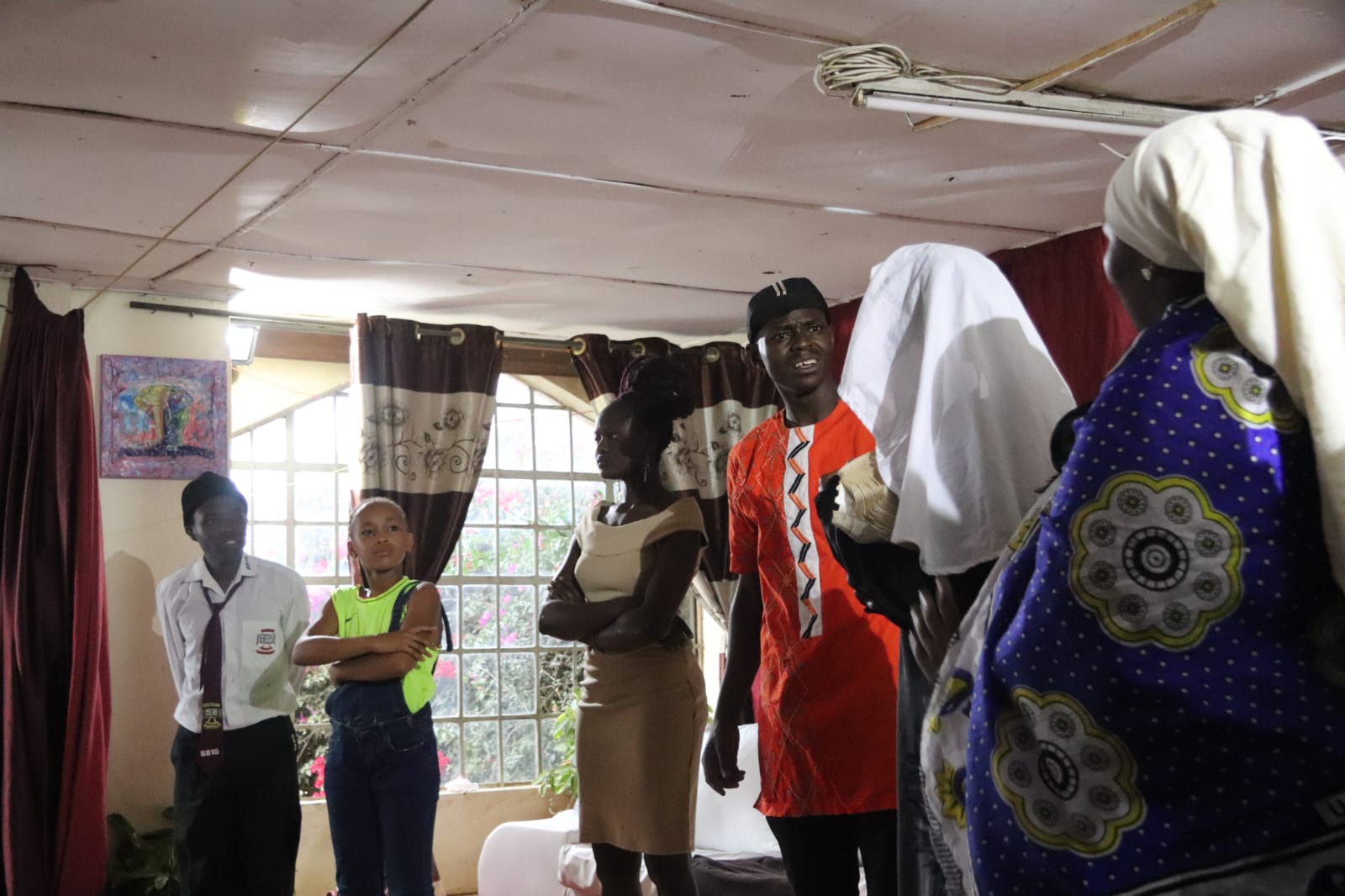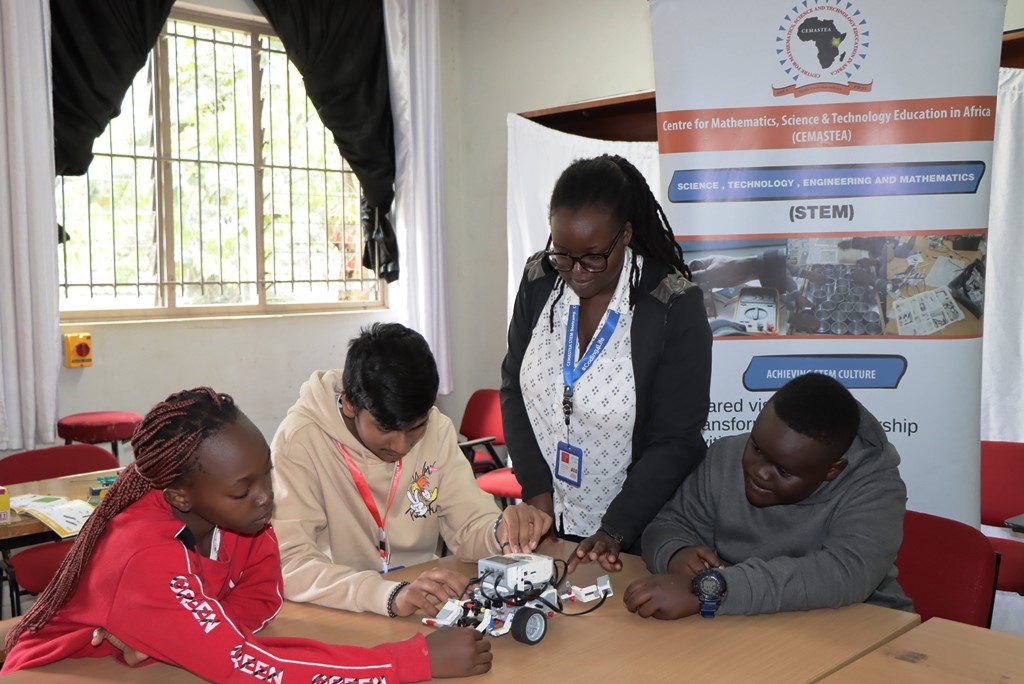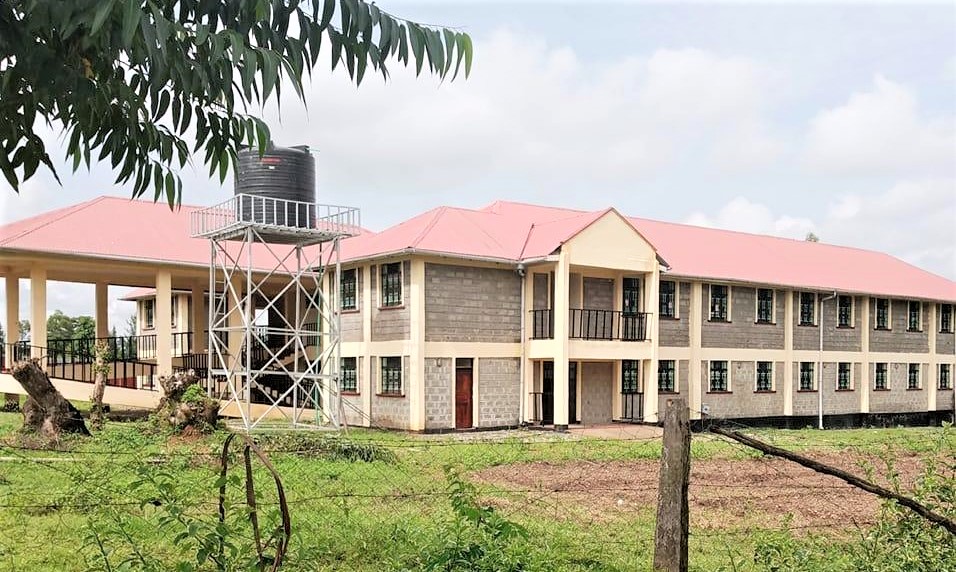By Victor Ochieng’ and Michael Masinde
vochieng.90@gmail.com & masindemic@gmail.com
Last Saturday, at around twilight, Harambee Theatre Group staged a play called Merimela atthe Dagoretti South Empowerment Centre in the informal settlement of Kawangware. This happens to be close to our neck-of-the-woods – Riruta-Satelite in Nairobi. When we received the cordial invitation to attend this artistic event, we did not dare to dither due to two reasons. Firstly, Kennedy Saita, the Director of the famed theatre group, was our erstwhile student of English language and literature. So, we wended there to prop up his pioneering spirit and to promote his programmes. Secondly, as literary puritans, we felt enthused by the royal role this theatre group is playing in the society, which gave us a riveting rehash of the iconic varsity travelling theatre groups.
Ideally, theatre groups perform plays on stage. Through ingenuity and creativity, they act plays already published as books. For instance, when secondary schools are in session, Harambee Theatre Group crosses counties across the county to act the KCSE set texts. Their peerless performances complement analyses of set texts done by teachers in classrooms. Again, through the help of playwrights who pen playlets and plays, theatre groups stage their own compositions to achieve umpteen purposes like raising modicum levels of income.
More of this, on 28th June, 2017, Alex Nderitu published an insightful article in the Theatre Times titled: Kenyan Theatre – the Good, the Bad and the Ugly. In that great text oscillating around the role of theatre and performance, he posited that the Kenya National Theatre (KNT) was started as a recreational centre for British soldiers in the colonial era. In these times and climes, KNT is classified as a cultural centre, which means that it should remain true to one of its regal responsibilities: Take us back to basics, and build gabions that can ward off cultural erosion. Literary enthusiasts and historians by extension know the essence of people preserving their customs and tradition through available means like theatre.
Again, theatre groups play the role of edutainment: they entertain and educate people at the same time. Being that plays are stories acted on stage, people glue their eyes on those performances so that they are teased and tickled for the essence of comic relief. Through a literary style like satire, thespians speak the truth to the audience laughingly. In the process, people are educated. For instance, Merimela, which was a comic play we watched yesterday, taught us plenty of family values. The protagonist Merimela, who was a naughty nanny in Brian and Teresa’s house, brought out evils perpetuated by various domestic managers commonly called ‘maids’ in Kenya. Through nemesis, a literary technique where virtue is glorified, and vice is vilified, the writer, directors and actors of the play, ensured that Merimela reaped what she sowed. Her antics and subtle schemes were unearthed. The twist of fate did not allow her to go scot-free.
Therefore, plays as pieces of literature mirrors our society and meets the purpose of education. It is what also the Kamirithu Theatre Group directed by Ngugi wa Thiong’o and Ngugi wa Mirii, did in the sunset of 70s. Plenty of people from the lush slopes of Mt. Kenya, thronged Kamirithu Community Education and Cultural Centre to just to get entertained and educated on culture and lustre of local language. Plays rife with local flavour like Ngaahika Ndeenda (I Will Marry When I Want) were banned by the then government because they sensitised the public on oppression and exploitation by the same government. Government arrowheads did not like the way such plays caused sudden awareness and awakening in the conscience of common citizens, more so, in relation to socio-political evils meted on them by the state.
Furthermore, theatre groups nurture talents, carve careers and design destinies. It is what we witnessed at Kawangware, as Harambee Theatre Group staged the Merimela mime. The performance of the play was prefaced by interesting items from eloquent poets and exuberant dancers. The master of ceremonies also evinced his good gift of the gab as he cracked ribs through wise use of humour. When the play was staged, we spotted talented thespians, whom we believe that through patience and persistence, they can rise to stardom and touch the acme of the lucrative acting career. This is in line with what was done by the Kenyatta University Traveling Theatre (KUTT). It is acclaimed for the pivotal role it played to churn out the finest in sphere of drama and comedy. Daniel Ndambuki aka Churchill was a member of KUTT. This must have had a puissant impact on him starting his laugh industry, which entertains and educates masses to a great extent.
In conclusion, theatre groups raise writers of plays – playwrights. To abut this argument, on Tuesday, January 3, 2017, the Guardian featured an article to this effect titled: Beyond Blasted, How the 90s Changed Theatre in the UK. The oeuvre of that tantalising treatise explained explicitly how proliferation of theatre groups led to meteoric rise of many playwrights. Apart from what we can see beyond the sea, performance of plays built writing careers of the putative East African playwrights like Ngugi wa Thiong’o, Francis Imbuga, John Ruganda, David Mulwa, and many more.
The writers are enthusiasts of English language and literature.






